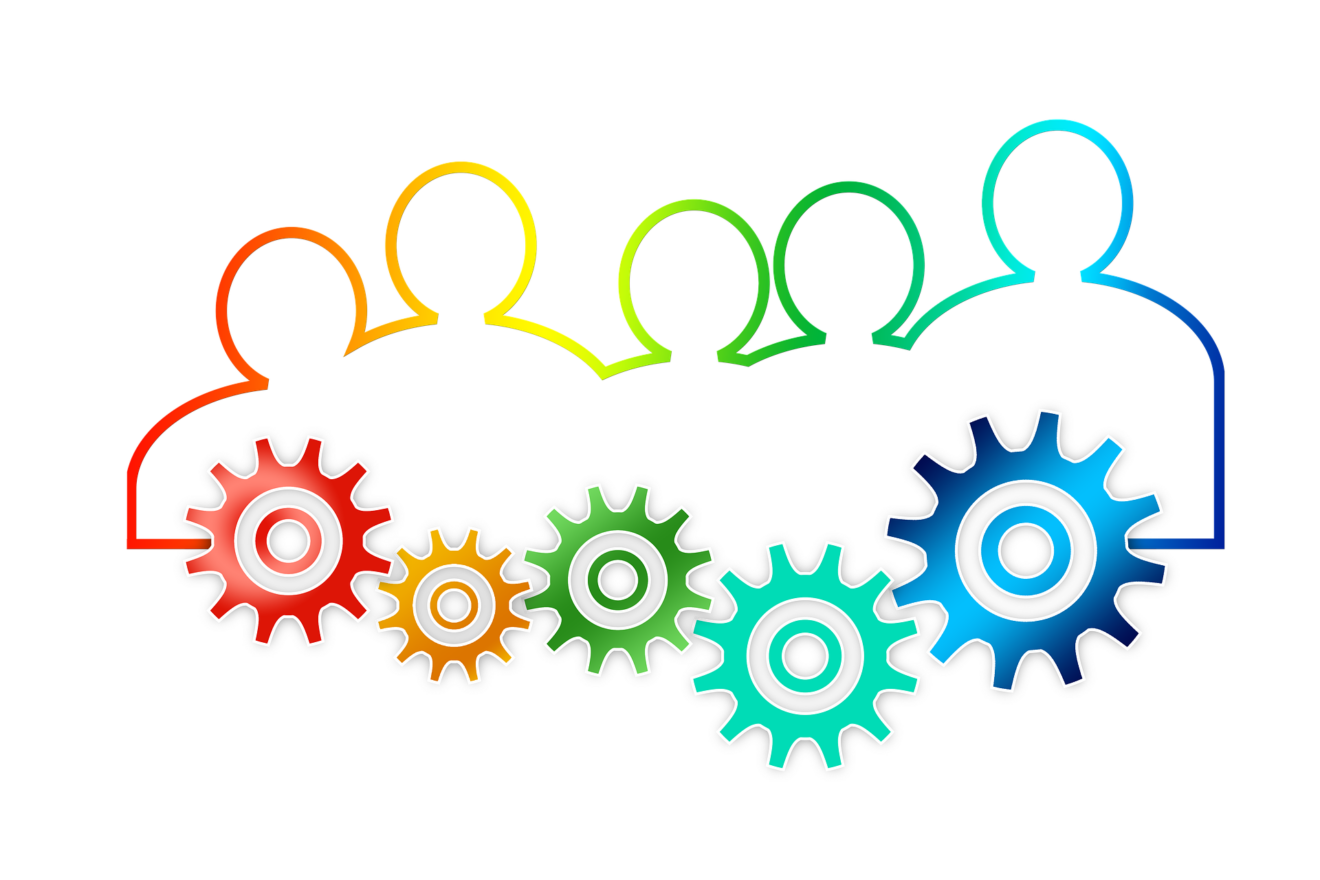Did you know that nearly half of the people in your organization are afraid to be civil to one another? According to Georgetown University researcher Christine Porath, more than 40% of employees say they hesitate to show civility at work because they fear people will take advantage of them.
Porath, an associate professor at Georgetown’s McDonough School of Business and author of “Mastering Civility: A Manifesto for the Workplace,” has studied incivility in the workplace for nearly two decades. A great deal of incivility is due to a lack of awareness about our actions, not necessarily evil intent, explains Porath.
The workplace, with its reliance on technology as a primary means for communication, increasingly distances us from face-to-face interactions. This, in turn, makes many of us a bit rusty on the social niceties necessary for a high-functioning workplace.
Has your office become a less civil place to work? If you’re in a leadership role, you have far more influence than you might realize regarding how others treat one another. Here are three things to consider when it comes to creating a more respectful workplace.
What norms are you setting around civility?
Leaders set the norms for their organizations. People watch what you do and determine what passes as acceptable behavior. Leaders who step up and “go first” in terms of acknowledging their civility shortcomings experience better success in creating a respectful environment than those who simply send employees to civility training (yes, that’s actually a thing.)
Porath cites an example of an international law firm whose head partner brought in Porath to provide training on civility. Not only did the head partner participate in the training, the firm’s chairman of the board participated.
“About a year and a half after we began our work together, the firm won a Best Place to Work award,” notes Porath, something that would have been unlikely just a couple of years earlier.
Beware the contagion of incivility
Unfortunately, bad behaviors can be as contagious as a flu bug. Research has shown that we unconsciously mimic behaviors of those around us, including rude behavior. Start with your own actions: reflect on your emails, texts and in-person communication with your team. You may think you’re in the clear, but perhaps your attempt at being a good role model is being sabotaged.
Next, consider your entire team. Heads up: It’s not just the rude folks who are spreading the malaise. Porath’s studies found that even if people aren’t personally rude, they can be “carriers” of the scourge. People who observe incivility are three times less likely to be helpful to others and 50% less likely to share resources.
Civility is good for you and your team
The good news is that civility is just as easy to spread as incivility. Simple gestures such as smiling, saying “please,” “thank you”, and “I’m sorry” help pave the way to a more civil workplace. Extending courtesy also help keeps you healthy.
According to the Random Acts of Kindness Foundation, you benefit physically and emotionally when you show basic courtesy to others. Kindness also has a “domino” effect: Research shows that when a group of people witness a positive act of kindness, everyone’s mood is improved, thereby making them more likely to pass along another act of kindness. This means that as a leader, your courteous acts when in team meetings and other group settings are amplified. It takes very little of your time to “get the ball rolling” and set a positive example of respect.
Writer Christian Nestell Bovee is credited with the words, “The small courtesies sweeten life; the greater ennoble it.” Are your actions as a leader ennobling or eroding the daily life of others in your workplace?
Jennifer V. Miller is a freelance writer and leadership development consultant. She helps business professionals lead themselves and others towards greater career success. Join her Facebook community The People Equation and sign up for her free tip sheet: “Why is it So Hard to Shut Up? 18 Ways to THINK before you Speak.”
If you enjoyed this article, join SmartBrief’s e-mail list for our daily newsletter on being a better, smarter leader. We also have more than 200 industry-focused newsletters, all free to sign up.
